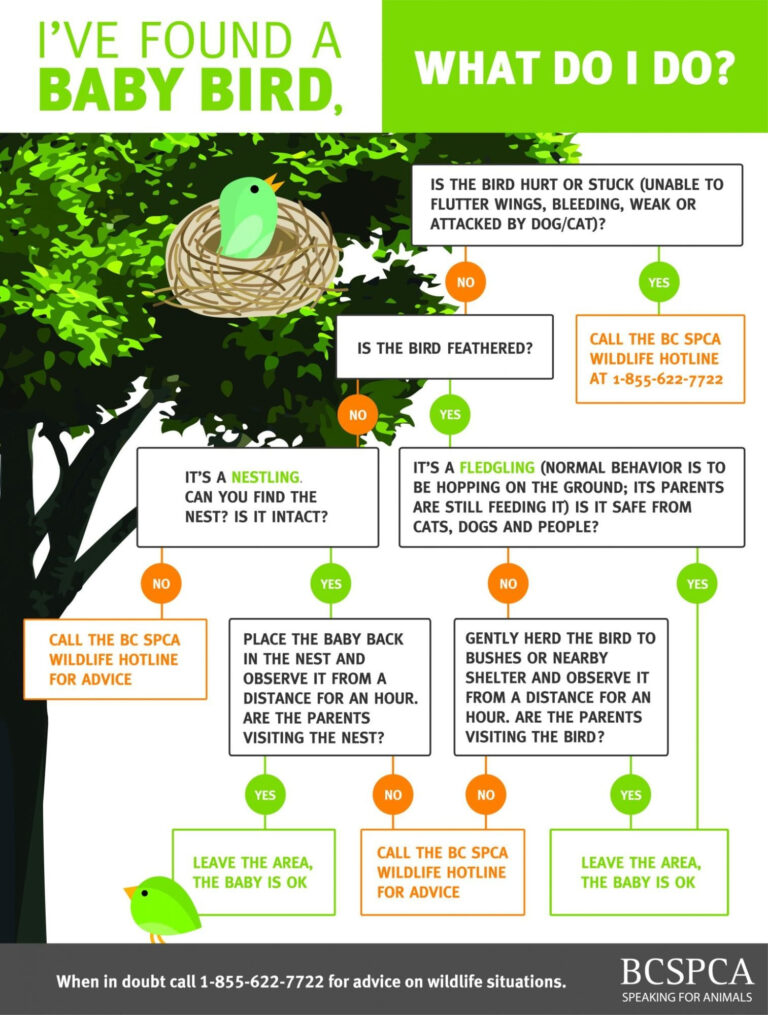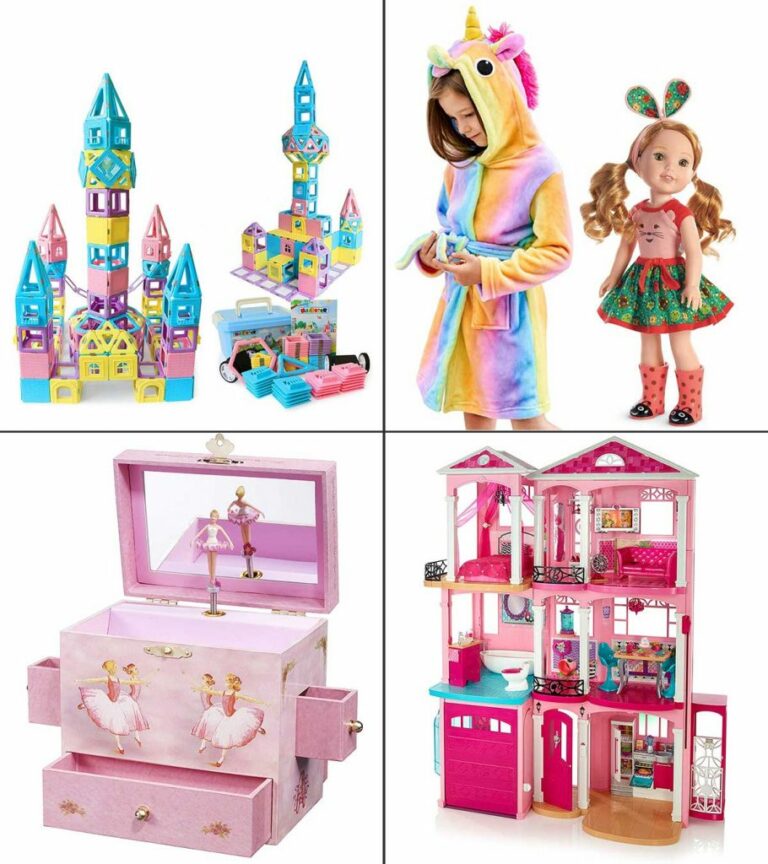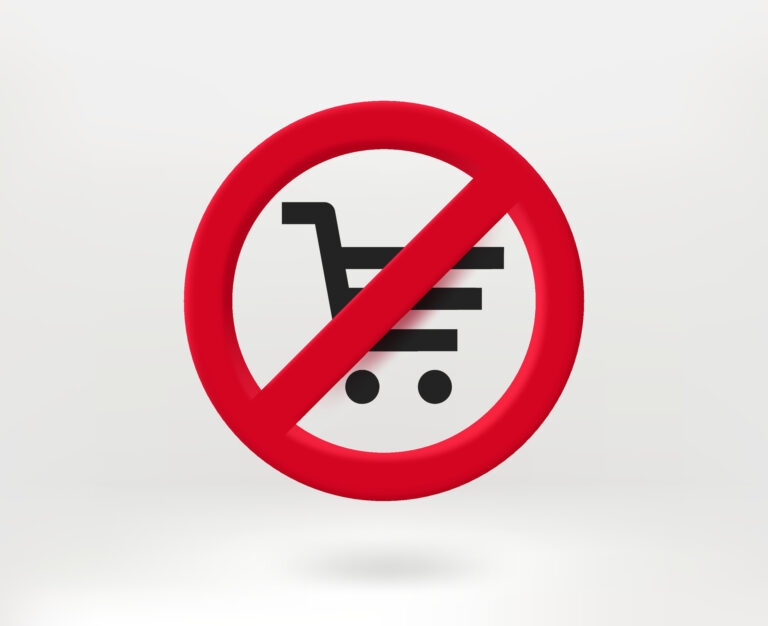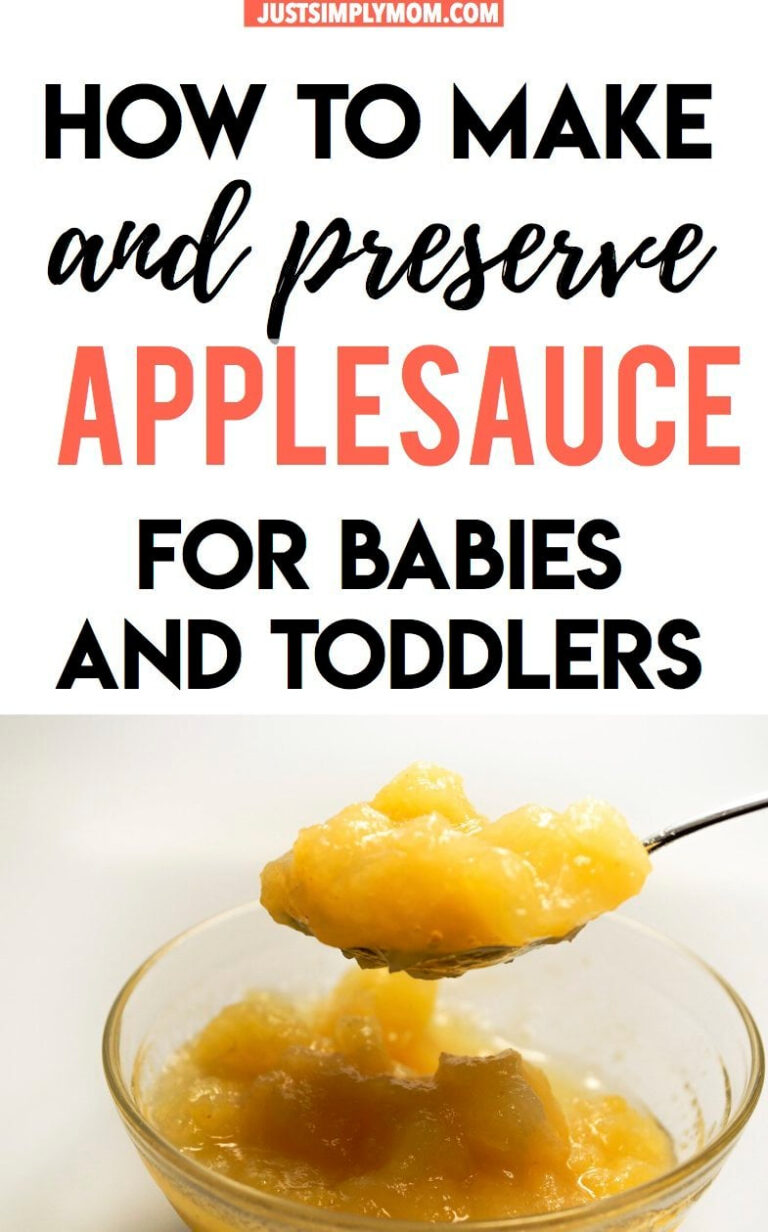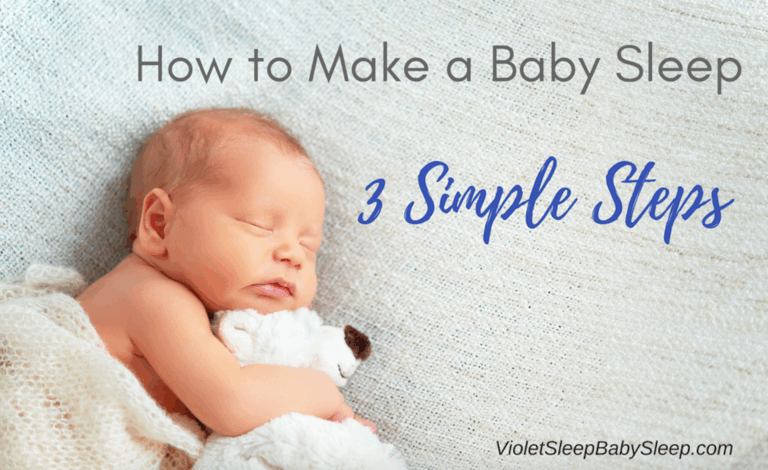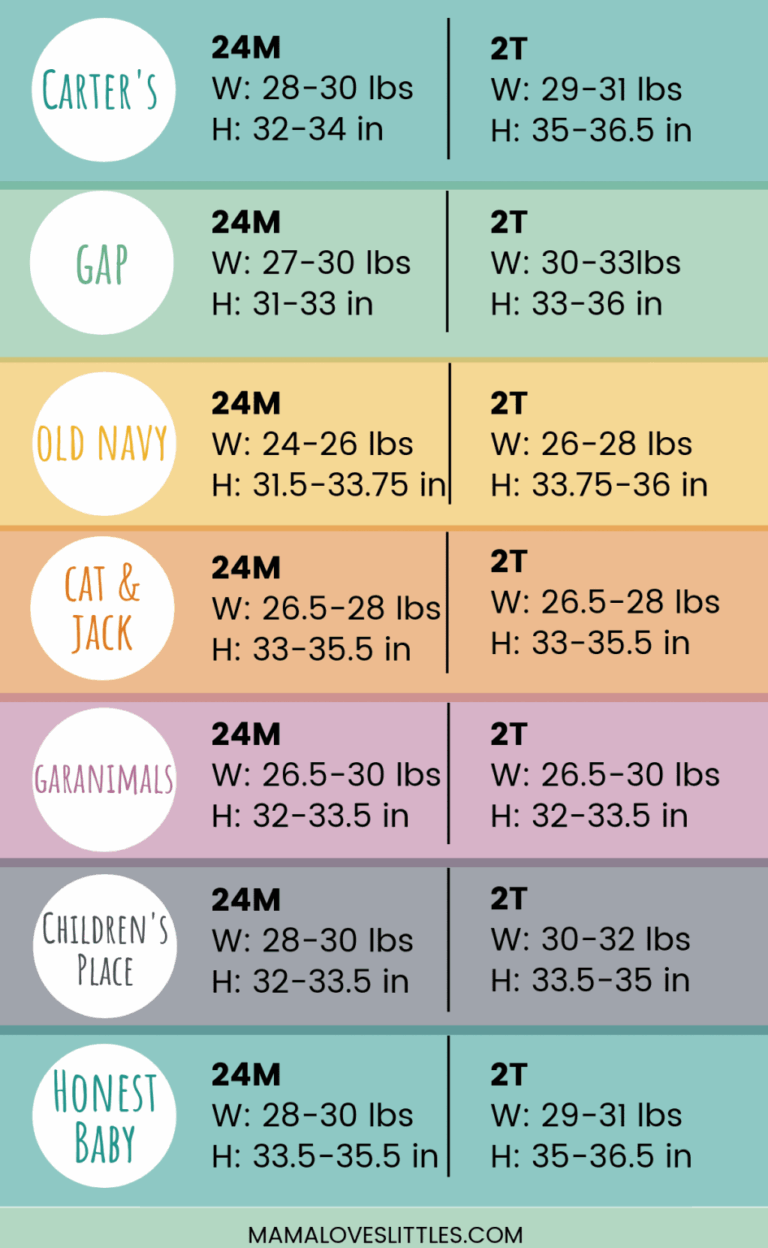How To Tell If A Baby Has A Concussion
As a parent or caregiver, the safety and well-being of your baby are of utmost importance. Accidents happen, and sometimes babies may experience head injuries that could potentially lead to a concussion. It is crucial to be able to recognize the signs and symptoms of a concussion in a baby to seek appropriate medical attention promptly. In this article, we will delve into how to tell if a baby has a concussion and what steps you should take if you suspect one.
Knowledge
A concussion is a type of traumatic brain injury that occurs when the brain is jolted or shaken inside the skull. While babies may not be able to communicate their symptoms verbally, there are physical and behavioral cues that can indicate a potential concussion. Here are some key signs to look out for:
One of the most common indicators of a concussion is a loss of consciousness. If your baby loses consciousness, even momentarily, it is crucial to seek medical attention immediately.
If your baby is unusually irritable, fussy, or crying more than usual after a head injury, it could be a sign of a concussion. Look out for changes in your baby’s behavior that are out of the ordinary.
Another common symptom of a concussion in babies is vomiting or nausea. If your baby is experiencing persistent vomiting or shows signs of being nauseous after a head injury, it is essential to consult a healthcare professional.
Pay attention to your baby’s sleep patterns following a head injury. If your baby is having trouble sleeping, is sleeping more than usual, or is difficult to wake up, these could be signs of a concussion.
If your baby is starting to walk or has been walking for some time, watch out for any changes in their balance or coordination. Unsteady walking or balance issues could indicate a potential concussion.
Monitor your baby’s appetite after a head injury. A decrease in appetite or refusal to eat could be a sign of a concussion. It is essential to ensure that your baby is well-nourished and hydrated during this time.
Conclusion
In conclusion, knowing how to tell if a baby has a concussion is crucial for the well-being of your little one. By being aware of the signs and symptoms of a concussion, you can take the necessary steps to ensure that your baby receives the appropriate medical care. Remember to trust your instincts and seek medical attention if you suspect that your baby has suffered a head injury. The safety and health of your baby should always be a top priority.
Understanding the signs of a concussion in babies can help you act swiftly and effectively in case of an emergency. Keep a watchful eye on your baby’s behavior and seek medical advice if you have any concerns. By being informed and proactive, you can help protect your baby’s health and well-being.

